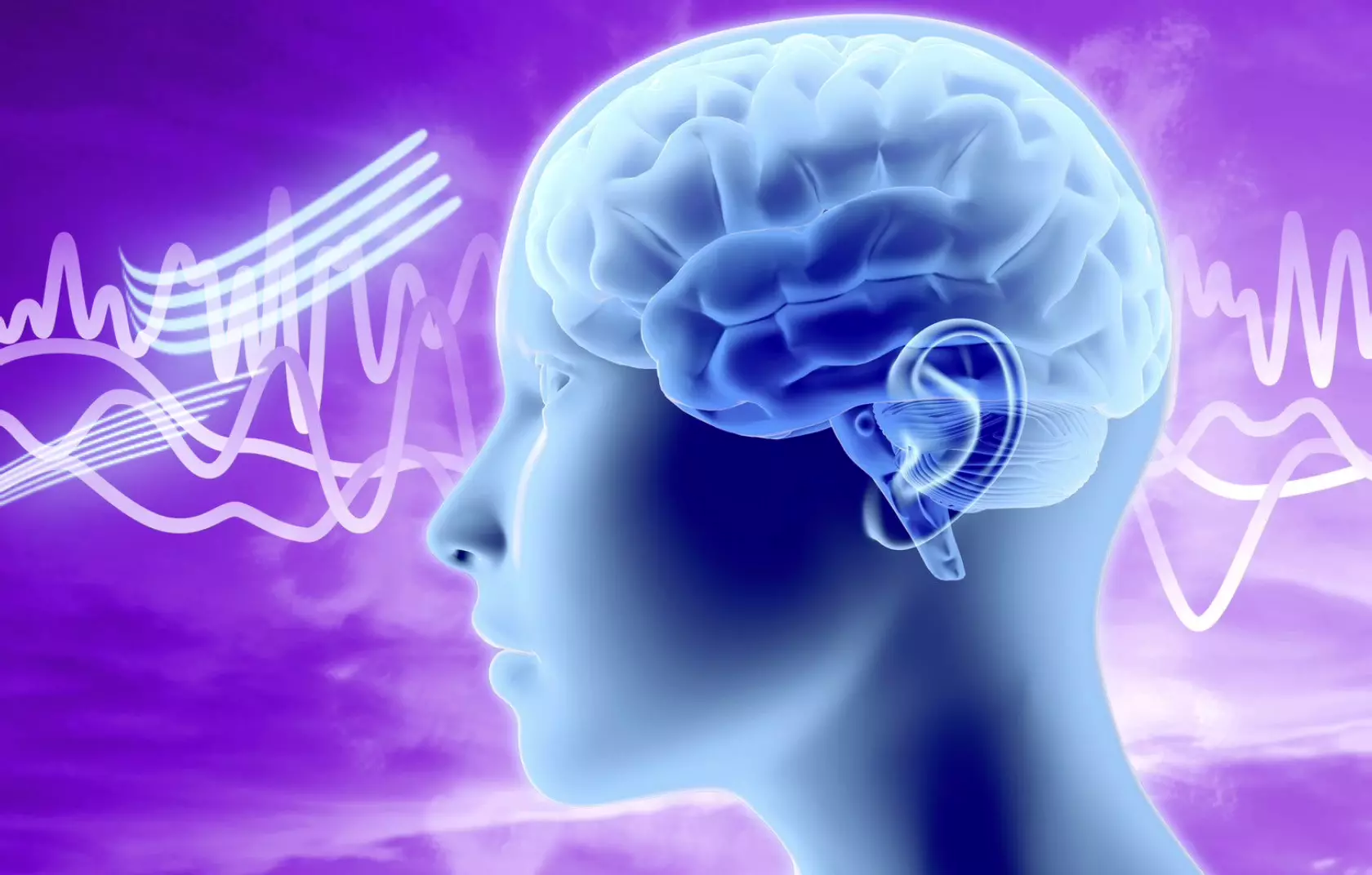Meditation music has been shown to have various effects on the brain, from promoting relaxation to reducing stress and anxiety to increasing focus and concentration.
Relaxing vibes help calm a nervous mind. But, does meditation music really change your brainwaves? Science says yes.
Before we get into brainwave specifics, let’s explore: how does meditation music affect the brain?
- Calms the mind. Meditation music has a soothing and calming effect on the brain. It slows racing thoughts and reduces stress and anxiety. Studies show that listening to calming music activates the parasympathetic nervous system, the system responsible for your body’s “rest and digest” response, and reduces activity in the sympathetic nervous system, or your “fight or flight” response. Nothing like taking a musical chill pill.
- Increases focus. Certain types of meditation music, like binaural beats and isochronic tones, can help increase mental focus and concentration. Binaural beats are created by playing two different tones in each ear, which can create a third tone in the brain that has a specific frequency. This frequency can help to promote a specific state of mind, such as relaxation or focus. Isochronic tones consist of a single tone that’s turned on and off at different time intervals, creating a rhythmic pulsation believed to synchronize the brainwaves and induce specific states of consciousness. Turn up the volume, baby.
- Boosts mood. Meditation music can also brighten the listener’s spirits. Listening to uplifting and inspiring music helps increase the production of “feel-good” neurotransmitters, such as dopamine (part of the brain’s reward and pleasure centers ) and serotonin (which promotes feelings of well-being and happiness), promoting a sense of happiness and well-being. It’s like walking on musical sunshine.
- Promotes mindfulness. Meditation music can promote mindfulness, the art, and practice of being present and fully engaged in the current moment. By shifting your attention from repetitive thoughts to calming music, you can focus your attention and become more aware of your inner landscape, without getting caught up in emotions or feelings. That’s us finding Zen.
- Enhances sleep. Need better Zzz’s? Meditation music brings better sleep to countless insomniacs worldwide. Studies have shown that listening to calming music before bed can help to improve sleep quality, reduce insomnia, and promote deep, restorative sleep. We like the sound of Zzzzz…
So, we know meditation music settles the minds, soothes turbulent emotions, and can even promote slumber. But, how does meditation music affect our brains? What about shifting our brainwave patterns? 💯percent empirically verifiable.
Here are three research articles published on the effects of meditation music on the brain and brainwaves:
In the scientific article “Effects of music and meditation on cerebral asymmetry and coherence” by William H. Rickson and Beverly Pinch published in the International Journal of Neuroscience (2004), researchers found that listening to meditation music increased coherence (the synchronization of brainwaves) between the two hemispheres of the brain and reduced cerebral asymmetry, indicating a more balanced brain function. Cerebral asymmetry is the difference in electrical activity between the left and right hemispheres of the brain. A better-balanced brain means a better-functioning brain.
Building on this study, findings by Ulrich Ott, Hannes Jäncke, et al., published in Frontiers in Human Neuroscience (2016) titled “The effects of binaural beats on cortical connectivity during mindfulness meditation” found that listening to binaural beats increased connectivity between brain regions involved in attention and executive function. Cortical connectivity is the connection between different areas of the brain. The more connected the brain, the higher functioning its capacity.
Korean researcher Hye-Kyung Shin found in her work “The effect of meditation music on brain waves and blood pressure in hypertensive individuals” published in the Journal of Physical Therapy Science (2016) found that listening to meditation music reduced blood pressure and increased alpha brainwaves. Alpha brainwaves are associated with relaxation and a meditative state. This study suggests listening to meditation music could be an effective complementary therapy for hypertension.
Really want to slow your brainwaves, like, to a theta state? Science shows you can with the help of meditation music.
In “Randomized controlled trial of music therapy and relaxation interventions on perceived anxiety in hospitalized patients receiving bone marrow transplantation” published in Cancer Nursing (2016), researcher Lai and colleagues investigated the effects of meditation music on the brainwaves of participants with a history of anxiety and depression.
The study involved 40 participants randomly assigned to either A) a meditation music group or B) a control group. Participants in the meditation music group listened to a 20-minute recording of meditation music, while those in the control group listened to a 20-minute recording of white noise. EEG (electroencephalography) was used to measure brainwave activity before and after listening to the recordings.
The results showed that participants in the meditation music group had significant increases in alpha and theta brainwave activity after listening to 20 minutes of meditation music compared to the control group.
Alpha waves are associated with relaxation and calmness. Theta waves are associated with deep relaxation, creativity, and meditation. The increase in these brainwaves suggests listening to meditation music can induce a state of relaxation and meditative calmness in the brain.
The same study also found that participants in the meditation music group had significant decreases in beta brainwave activity. Beta brainwaves are associated with stress and anxiety. These findings indicate listening to meditation music can help reduce stress and anxiety levels.
Change your mind, change your body, change your life. Meditation music can help get you there.






